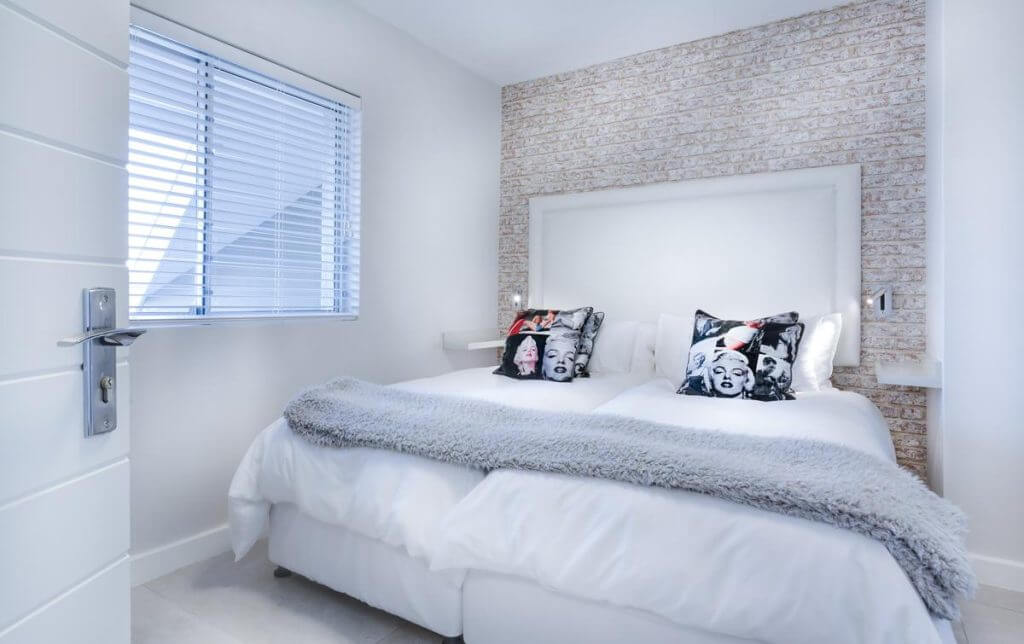Renovating a room can be an exciting yet challenging project. Whether you’re updating a living space, transforming a kitchen, or revamping a bathroom, understanding the time it takes for a renovation is crucial for planning and managing expectations.
In this article, we will explore the various factors that influence the duration of a room renovation, provide estimates for different types of renovations, and offer tips for a smooth and efficient process.
Room Size and Complexity
Larger rooms with intricate designs or unique architectural elements may require more time for renovations. Complex structural changes, such as removing walls or relocating plumbing, can also add to the project’s duration.
Scope of the Renovation
The extent of the renovation plays a significant role in determining the time required. A minor cosmetic update, such as painting walls and replacing fixtures, will generally take less time compared to a complete overhaul that involves rewiring, plumbing, and installing new flooring.
Availability of Materials
The availability of materials can impact the timeline of a room renovation. If certain materials or fixtures need to be ordered or are on backorder, it can delay the project until they become available.
Contractor’s Schedule
The availability of contractors and subcontractors can affect the project’s timeline. It’s important to consider their schedules and plan accordingly, especially during peak construction seasons when they may be booked in advance.
Permits and Inspections
Depending on the nature of the renovation, permits and inspections may be required. Obtaining necessary approvals and scheduling inspections can add additional time to the project.
Read Garage Renovation: Convert Garage To Bedroom
Unforeseen Issues
It’s essential to factor in unforeseen issues that may arise during the renovation process. These could include hidden structural problems, electrical or plumbing issues, or delays due to inclement weather. Having a contingency plan in place can help mitigate these challenges.
With these factors in mind, let’s delve into specific room renovations and their estimated timelines.
Kitchen Renovation: How Long Does It Take?
Renovating a kitchen is often one of the most extensive home improvement projects. It involves a combination of structural changes, plumbing and electrical work, cabinetry installation, and appliance upgrades.
The timeline for a kitchen renovation can vary depending on the scope, but here is a general breakdown:
- Planning and Design (1-2 weeks)
- During this phase, you’ll work with a designer to create a layout and choose materials, appliances, and fixtures. It’s important to take the time to plan everything meticulously to avoid delays later on.
- Demolition (1-2 days)
- The existing kitchen will be dismantled, including the removal of cabinets, countertops, appliances, and flooring. Any necessary structural changes will be made at this stage.
- Electrical and Plumbing Work (1-2 weeks)
- Rewiring, rerouting plumbing, and installing new electrical fixtures will take place during this phase. It’s crucial to hire licensed professionals to ensure safety and compliance with building codes.
- Flooring and Painting (2-4 days)
- Installing new flooring and applying a fresh coat of paint can be done relatively quickly. However, drying and curing times must be considered.
- Cabinetry Installation (1-2 weeks)
- Custom or pre-fabricated cabinets will be installed, including any necessary adjustments for plumbing and electrical connections.
- Countertop and Backsplash Installation (1-2 weeks)
- Depending on the materials chosen, the installation of countertops and backsplashes may require additional time. For example, granite or quartz countertops often need to be fabricated to fit precisely.
- Appliance Installation (1-2 days)
- Once the kitchen is nearing completion, new appliances will be installed, including connecting gas or electrical lines.
- Finishing Touches and Cleanup (1-2 days)
- The final steps include installing fixtures, hardware, and completing any remaining cosmetic details. A thorough cleanup will ensure the kitchen is ready to be enjoyed.
In total, a kitchen renovation can take approximately 6 to 12 weeks, depending on the complexity and size of the project.
Bathroom Renovation: How Long Does It Take?
A bathroom renovation involves similar considerations to a kitchen renovation, but on a smaller scale. Here’s a breakdown of the estimated timeline for a bathroom renovation:
- Planning and Design (1-2 weeks)
- Just like with a kitchen renovation, careful planning and design are essential for a successful bathroom renovation. Consider factors such as layout, fixtures, tiling, and storage options.
- Demolition (1-2 days)
- The existing bathroom elements, such as old fixtures, tiles, and cabinets, will be removed. Structural changes, if any, will also take place at this stage.
- Electrical and Plumbing Work (1-2 weeks)
- Similar to a kitchen renovation, electrical and plumbing work will be carried out, ensuring compliance with safety regulations.
- Flooring and Wall Tiling (2-4 days)
- Installing new flooring and wall tiles can be a time-consuming process, especially if intricate designs or patterns are involved.
- Fixture Installation (1-2 days)
- Installing new fixtures, such as sinks, toilets, showers, and bathtubs, will be completed during this phase.
- Cabinetry and Countertop Installation (1-2 weeks)
- If the bathroom includes cabinets or a countertop, the installation process will take place at this stage.
- Painting and Finishing Touches (1-2 days)
- Applying paint, adding accessories, and completing any remaining details will give the bathroom its final touch.
On average, a bathroom renovation can be completed in approximately 4 to 8 weeks, depending on the project’s complexity and size.

